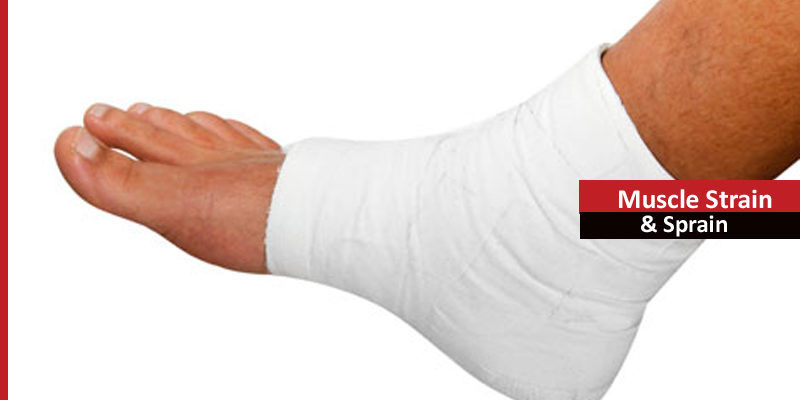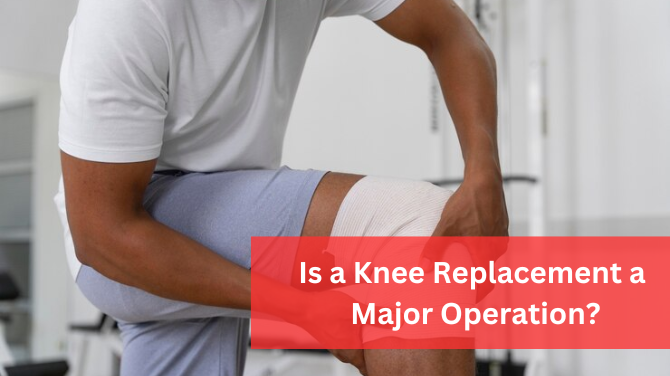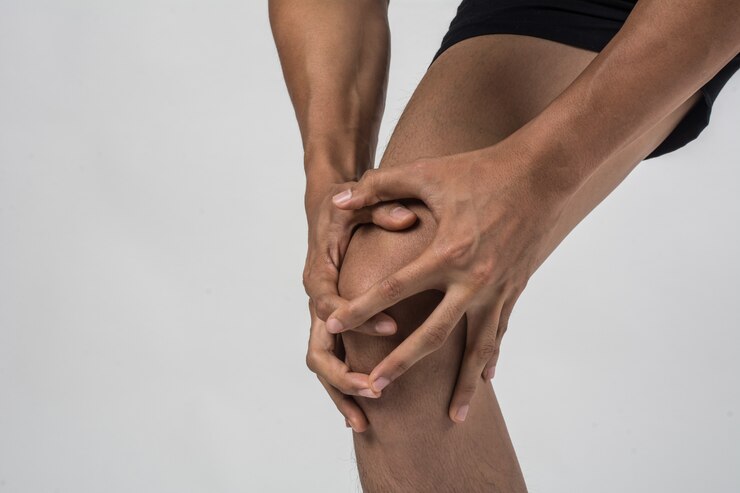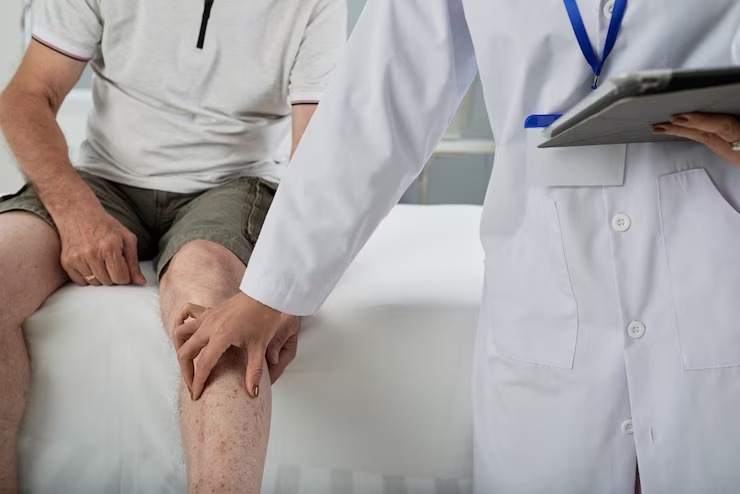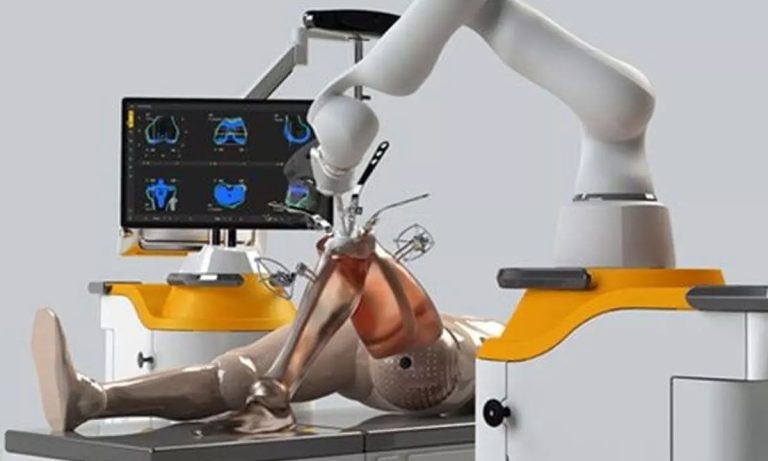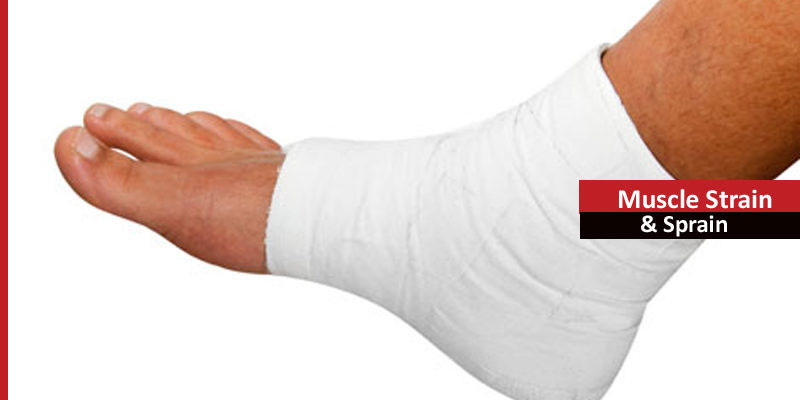
What Exactly Is the Difference between Muscle Strains? And Muscle Sprain?
Ever injured yourself while exercising or while playing a sport? When the injury isn’t major or incapacitating, many people call it a sprain or strain. These two terms actually describe very different injuries, which is why it’s important to differentiate between the Muscle sprain and strain.
What’s the difference between the two and how bad could it be?
A sprain is when a joint or ligament is damaged, while a strain refers to an injury to your muscles or tendons. A strain is generally the less severe injury of the two, and because a sprain often occurs in joints that we rely on to perform our daily movements, it might have a greater impact on the time it takes for you to recover, depending on how severe it is. Sprains usually occur in the ankles, knees, thumbs or wrists. On the other hand.
Strains usually occur in the hip flexor muscles, quadriceps, and hamstrings. There are various grades of strains and sprains. A first-grade strain or sprain will cause some pain, but you’ll be able to move about normally. A second-grade injury will cause both pains and hamper your movement. Only in most severe third-grade cases is surgical Intervention required – but this mostly occurs with professional sports players or athletes, or after experiencing a serious accident.
What are the similarities?
The symptoms and treatment for sprains and strains are very alike. Both conditions are Accompanied by swelling, pain, inflammation, and redness. Healing for strains and sprains (provided they aren’t third-grade level) can take anywhere from days to weeks, and a protocol of rest, ice compression, and elevation is suitable for both. In some cases, possible physiotherapy might be required if there is a more serious injury involved. For most Moderate injuries, the best course of action is to leave it to heal by itself and take topical pain relief to aid recovery.
If you’re concerned about either of the above injuries, just remember to do a set of warm-up Movements before exercising, and to never overexert yourself. If you do get injured, take the time to recover, and don’t resume activity before you’re ready. The last thing you want to develop is a chronic injury in either of these areas.
If you are interested in finding more information to help your condition please find below the link to book an appointment.

